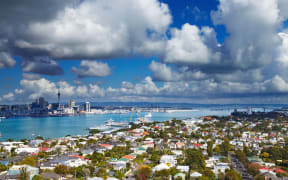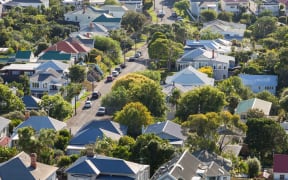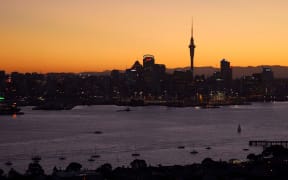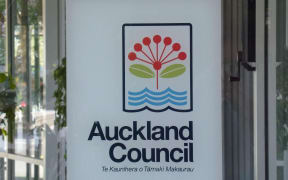Māori MPs have raised concerns over a lack of Māori rights in Auckland's Unitary Plan, with reference to tino rangatiratanga and a list of Treaty Principles deleted from the latest proposal.
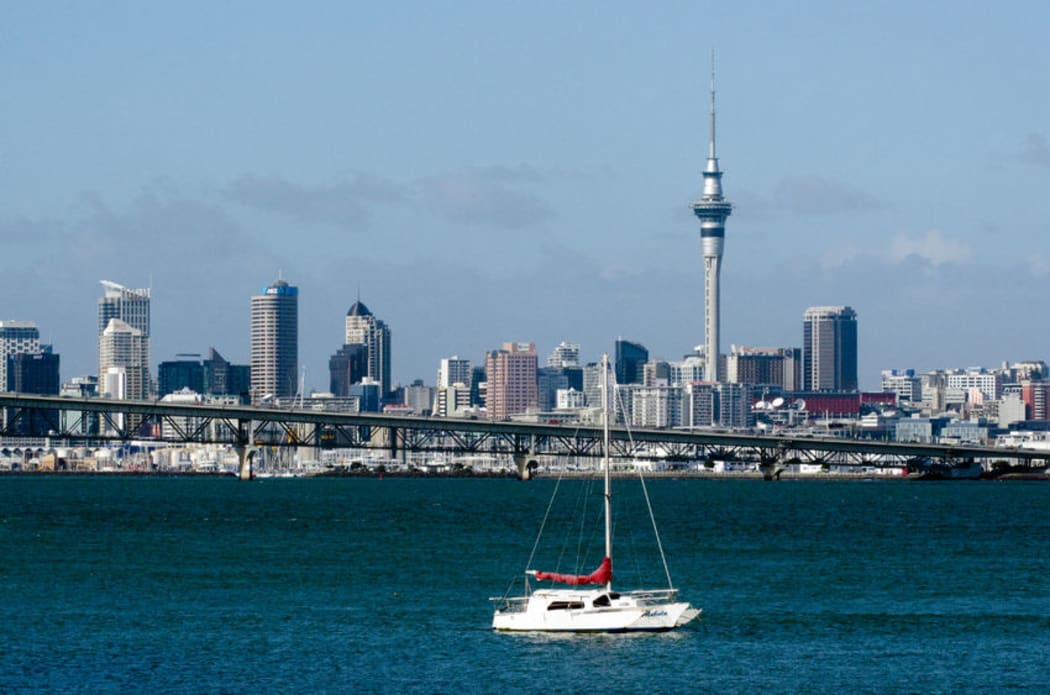
Auckland skyline Photo: 123RF
The proposed plan for our biggest city, Tāmaki Makaurau, will see hundreds of thousands of new homes, with provisions for them to be built upwards and outwards.
But reference to tino rangatiratanga and a list of Treaty Principles have been deleted from the Unitary Plan, the rulebook for the Auckland City's future development.
Provisions for Historic Heritage Places will stay but Cultural Assessment Impacts for Māori sites have been thrown out, leaving Māori MPs concerned.
Greens co-leader Metiria Turei was surprised at the removal of a list of Treaty of Waitangi principles, and said the lack of a plan to identify sites of Māori significance was of great concern.
"Our major concern at this stage is the lack of protection for Mana Whenua and for Māori sites of significance. The plan recommends removing the tool that identifies those sites and it doesn't appear to have any system in place to make sure those sites are protected and that is a glaring omission."
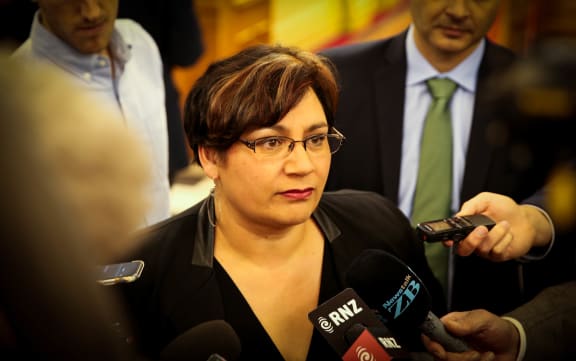
Metiria Turei 24 May 2016 Photo: RNZ/Elliott Childs
MP for Tamaki Makaurau Peeni Henare said future proofing Auckland's housing plan was essential - but Mana Whenua rights were too.
"I do understand the need and I congratulate parts of work that say that we do need to build more homes and we must look at provisions to do that, however it seems to be at this point in time, from what I've seen, at the expense of other things, such as our rights tangata whenua, mana whenua rights of Tamaki Makaurau."
There are 3600 sites of cultural significance in the Auckland region. While some Mana Whenua groups have said some of these sites were not of value, Ms Turei said the council needed a way of working through the list, rather than simply removing it.
Previously, property owners who wanted to develop within 50m of the sites had to contact Mana Whenua to work out whether a cultural impact assessment was needed.
The Taxpayers Union, who coined the phrase 'Taniwha Tax' to describe the assessments, campaigned to have the process removed.
Taxpayer Union executive director Jordan Williams said volunteers had been looking at the sites over the past five months to assess their cultural significance.
"Because the council didn't even bother to do that and we'd found gyms, carparks, a rubbish dump for example."
Mr Henare and Ms Turei are also concerned about the current position of the Māori voice at the Council table.
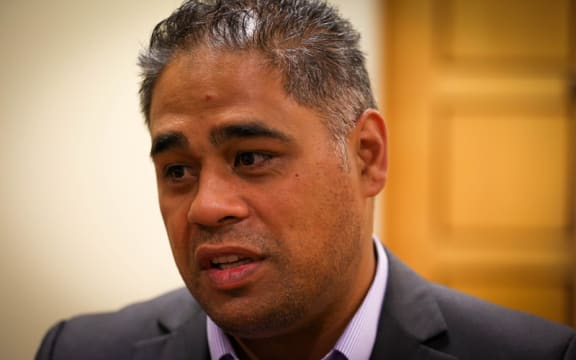
Labour MP Peeni Henare during caucas run April 2015. Photo: RNZ / Alexander Robertson
The Independent Māori Statutory Board currently sits on the Auckland Development Board, which has been tasked by the council with overseeing the Unitary Plan.
But councillors will today debate a move to have the Unitary Plan moved to the Council's Governing Body, where the Independent Māori Statutory Board has no say.
Mr Henare said he would be keeping a close eye on that move.
"You know it was a long battle just to get that recognition within the legislation when the super city was created and now on such a big issue such as the Unitary Plan, and the roll out of that Unitary Plan, that voice of the Māori independent Māori Statutory board will be silenced.
"It begs the questions, is the Council serious about the Independent Māori Statutory Board and the rights of Mana Whenua in Tamaki Makaurau?"
Cultural advisor Buddy Mikaere said the Unitary Plan was a step backwards for Māori. He said the removal of "sites of significance to Māori" was a surrender by Auckland Māori that set a precedent in other areas.
"Here in Tauranga we've fought hard to gain recognition and acceptance of these matters and finding it difficult to accept that the Tamaki Makaurau iwi groups would so easily give them away. Our job just got harder," Mr Mikaere said.
He said the change of terminology from tangata whenua to mana whenua meant urban Māori, who weren't tribally affiliated to Auckland area, were effectively excluded.

